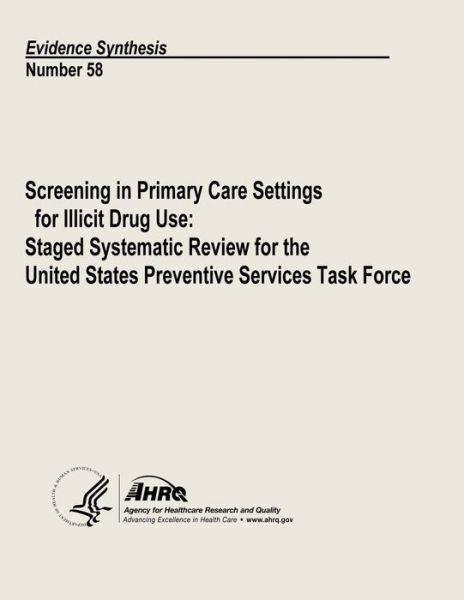
Vinkkaa tuotetta kavereillesi:
Family History and Improving Health: Evidence Report / Technology Assessment Number 186
U S Department of Heal Human Services
Tilattu etävarastosta
Family History and Improving Health: Evidence Report / Technology Assessment Number 186
U S Department of Heal Human Services
Publisher Marketing: According to the Centers for Disease Control and Prevention, almost half of Americans live with at least one chronic condition, and chronic diseases account for 70% of all deaths in the U. S., 1/3 of potential years of life lost before 65, and 3/4 of medical care costs. Although the role of important risk factors such tobacco, nutrition, and physical activity are well known, there are many unknown factors that contribute to risk and which prevent completely accurate individualized risk assessment across a range of diseases. Nevertheless, it is possible that a traditional, 'low tech' approach to risk assessment-family history-might be practical and useful for widespread application, to assist in identifying particular risks carried by individuals, in order to target interventions and efforts on disease prevention. Family history (FH) represents the integration of shared genomic and environmental risk factors. First degree relatives (1DRs) share half their genomic information, and so their disease experience may offer a clue to shared susceptibilities, even in the absence of a complete understanding of the molecular etiology of a given condition. While FH assessment is a core approach in clinical genetics, FH may offer much more than the possibility of identifying relatively rare inherited diseases which follow a Mendelian inheritance pattern. Approached as a 'black box' FH may provide information on the influence of genetic variants which, collectively, act to increase or decrease disease susceptibility, and on other familial factors which alter risk. Family history may therefore be a cost effective way of tapping into 'integrated' disease risk information. For most common chronic diseases, the impact of a positive FH has been recognized. For example, a population-based study in Utah observed that 14% of families accounted for 72% of the premature coronary heart disease (CHD) in the state, and 11% of families accounted for 86% of premature cerebrovascular disease; in another study 30% of middle-aged British men who report a FH of CHD experience a 71% excess risk of CHD themselves over 10 years. Further, we are aware of the individual roles of obesity and FH in predicting the development of diabetes, but in combination, the predictive value increases from around 20 to 40%. Support for this approach also comes from a detailed meta-analysis, in which the association between having one or more 1DRs and risk of a number of common, complex disorders was convincingly demonstrated. This review attempts to address five key issues relevant to the practical value of systematically collecting FH information in primary care practice; what are the most useful elements of FH for assessing disease risk; can we be confident that individuals report FH for common diseases sufficiently and accurately; does systematic collection and use of FH information lead to positive health outcomes, and are there associated harms; what factors promote or hinder collecting and using FH information? This review addresses research questions (Q) relating to routine use of FH information in risk assessment for complex disorders, as follows: Q1. What are the key elements of a family history in a primary care setting for the purposes of risk assessment for common diseases? Q2. What is the accuracy of the family history, and under what conditions does the accuracy vary? Q3. What is the direct evidence that routinely getting a family history will improve health outcomes for the patient and/or family? Q4. What is the direct evidence that routinely getting a family history will result in adverse outcomes for the patient and/or family? Q5. What are the factors that encourage or discourage obtaining and using a family history? Research recommendations from each of these five questions were to be drawn together to answer Q6 in the conclusion. Q6. What are future research directions for assessing the value of family history for common diseases in the primary care setting?
| Media | Kirjat Paperback Book (Kirja pehmeillä kansilla ja liimatulla selällä) |
| Julkaisupäivämäärä | torstai 9. toukokuuta 2013 |
| ISBN13 | 9781484934531 |
| Tuottaja | Createspace |
| Sivujen määrä | 330 |
| Mitta | 216 × 280 × 18 mm · 766 g |

































